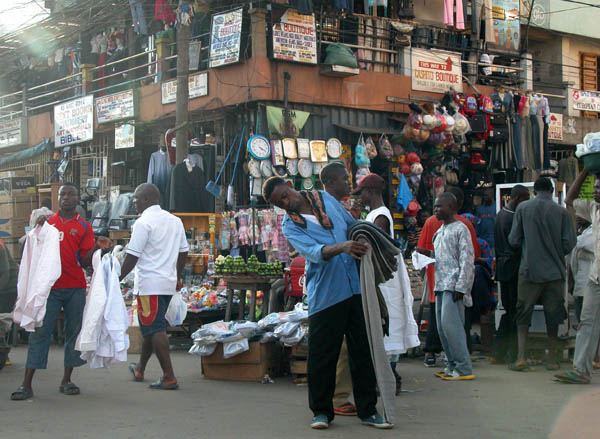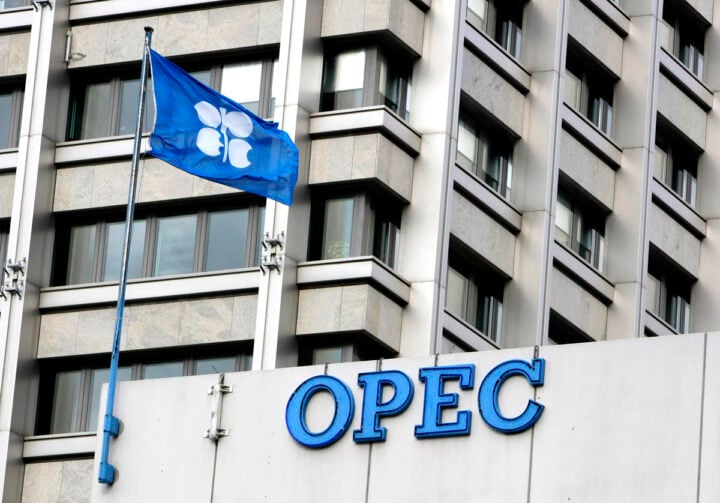The decision of the Central Bank of Nigeria’s (CBN) monetary policy committee (MPC) to further increase the monetary policy rate (MPR) and the private sector cash reserve ratio (CRR) will be “too drastic and is a bit too harsh” on the banking system, a report has stated.
It also estimated that the increase in CRR on private sector deposit would quarantine approximately N500 billion from the banking system, thus constraining the profitability of banks.
According to the report, published by BGL Securities Limited, the committee discounted the impact of the foreign portfolio investment (FPI) content of the economy. It however stated that the MPC took the actions to curb systemic liquidity and exchange rate volatility.
“The committee believes that the cause of the volatile foreign exchange scenario in the wake of the oil related external shock included speculative attack on the naira, driven by the high liquidity in banking system.
Advertisement
“This belief necessitated the increased sterilisation of the banking system liquidity with the 500 basis points increase in the CRR on private sector deposits.
“It is estimated that about N400 billion would be withdrawn from the system through this action, which could translate to a reduction of about N40-42 billion in industry profits over the next 12 months considering the opportunity cost of 10-12% rates on treasury bills and money market instruments.”
Also, the report stated that the outcomes of the meeting portends downward pressure on the equities and fixed income assets immediately, as banks mobilise funds to comply with the CRR decision since the decision takes immediate effect.
Advertisement
A separate report from Afrinvest Securities Limited stated that the series of adjustments at the MPC meeting would have “direct impacts on the capital markets and the broader macro economy”.
It estimated that the CBN’s decision to increase the CRR on private sector deposit would quarantine approximately N500 billion from the banking system.
“As such, this is expected to constrain the bank’s ability to grow. In addition, the Prime Lending Rate (PLR) and Maximum Lending Rate (MLR) typically tracks the Monetary Policy Rate (MPR), therefore we anticipate a minimum 100bps increase in both the PLR and MLR. Hence, we expect further selloffs in banking equities as the earnings capacity within the industry wanes,” Afrinvest said.
“In terms of the devaluation of the naira, in the short term, we expect the spread between the interbank rate and the official rates to widen, while in the medium term, Foreign Portfolio Investors (FPI) will be faced with dilemma of selling off positions and taking losses in anticipation of further depreciation or patiently riding the curve back up.”
Advertisement
In a telephone interview with TheCable, Sewa Wusu, head of research at Sterling Capital Limited, revealed that the market was in fact expecting the action of the central bank.
“What the CBN did was to place a stamp on the depreciation of the naira; they have done that before and so their decision was a confirmation,” Wusu said.
Sola Adegbesan of Stanbic IBTC warned that as a country, Nigeria must begin to consider restructuring its exchange rate regime.
“But we have to realise that as a country, in doing that, there is a very big bullet we have to bite at the start,” he said.
Advertisement
“It is going to take a lot of courage, confidence and adaptability to do something like that. But I think it is one of the things the central bank should be thinking about in the long-term.”
The CBN officially lowered the value of the naira against the dollar at the end of the MPC meeting on Tuesday, moving the midpoint from N155 to a dollar to N168 to a dollar.
Advertisement
It also announced the widening of the band around the midpoint by 200 basis point from + or – 3 per cent to + or -5 per cent and increased the MPR, the benchmark interest rate, by 100 basis points from 12 per cent to 13 per cent. Also, the committee raised private sector CRR, the amount of private sector deposit that banks must keep with the central bank and not lend out, by 500 basis points, from 15 per cent to 20 per cent.
The currency devaluation means that the conversion rate between the naira and dollar has increased and according to experts, this will lead to an increase in price of goods and services, higher production cost and reduced earnings for companies.
Advertisement
The lower currency value encourages exports and discourages imports, improving the country’s trade deficit and imbalances.
However, the average citizen of a country with a recently devalued currency could suffer from higher prices of imported goods and overseas holiday costs.
Advertisement




